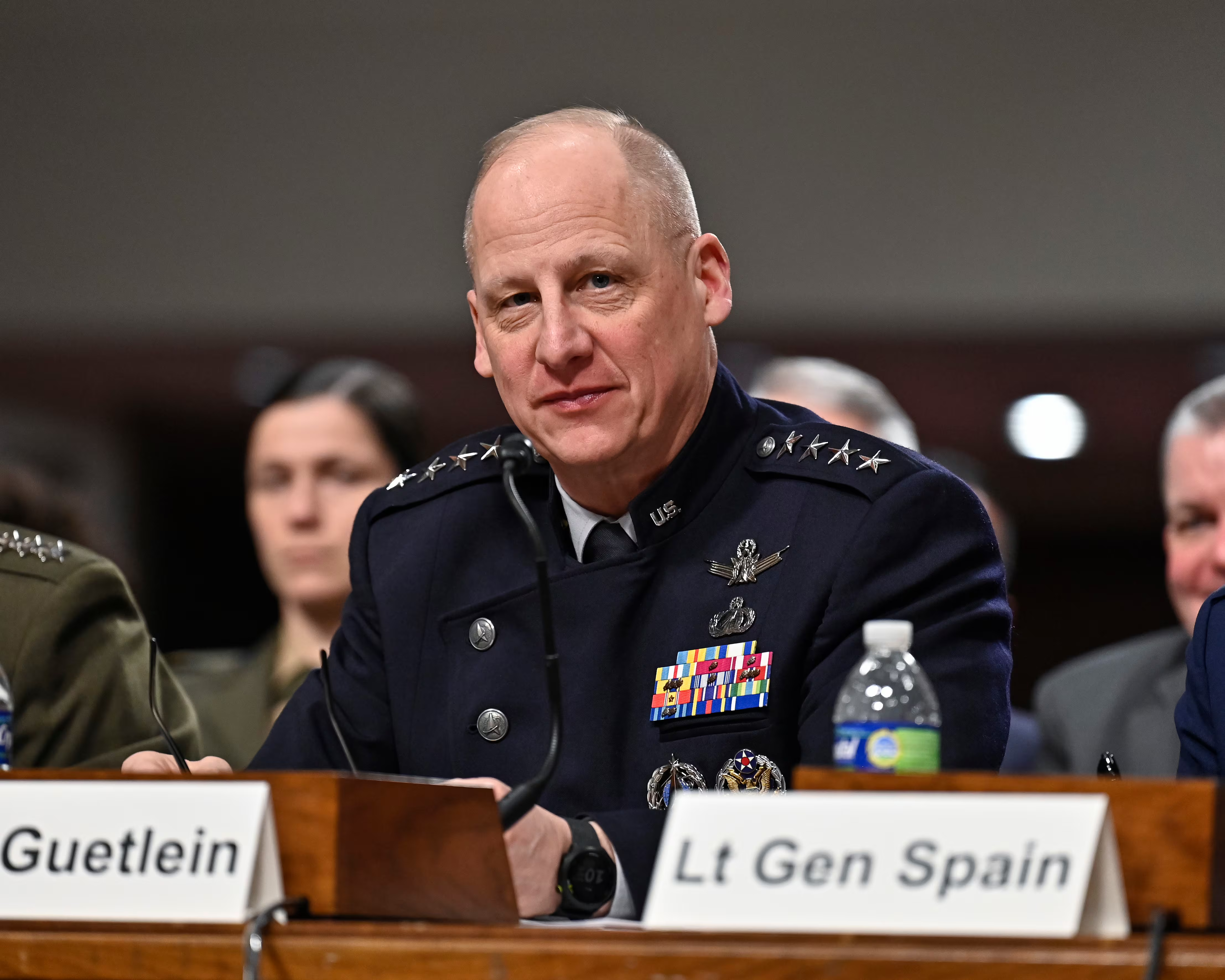WASHINGTON — The Pentagon has chosen its first F-35 global repair hubs, and the United Kingdom, Netherlands and Australia are the big winners.
The F-35 joint program office on Monday announced the countries that will be responsible for sustaining 65 out of 774 repairable components on the F-35. The United Kingdom picked up the lion’s share of the initial work, and will provide support for 48 of those components from 2021 to 2025.
"This establishes Britain as a hub for all European F35s and is hugely positive news for our high-tech and innovative defense industry," UK Defence Secretary Michael Fallon said in a news release. "It is an endorsement of the skills and capabilities the UK offers, will help create hundreds of high-end jobs, safeguard thousands more and be a substantial boost to UK exports."
The UK, Netherlands and Australia will be charged with the global sustainment of these 65 components from 2021 to 2025.
During this early period, the Netherlands will conduct maintenance, repair, overhaul and upgrade (MRO&U) services for 14 components, while Australia will oversee three components. The countries will be responsible for an array of parts that span 18 categories, with the Netherlands focusing on landing gear and Australia on life support systems, among other components, said F-35 JPO spokesman Joe DellaVedova.
Repair of this equipment will be conducted on a regional basis starting in 2025, with work split between Europe and the Pacific. In Europe, the UK will continue to be responsible for most of these components — 51 parts in total — while the Netherlands retains its assignment for 14 components.
During that same period, Australia will step up its share of the work to 64 of the first 65 components for the Pacific region. South Korea was tasked with the repair of the one remaining capability.
In an effort to drive down maintenance costs and increase the readiness of the fighter jet worldwide, the F-35 program plans to compete sustainment contracts across the F-35 international partners and foreign customers across three regions: North America, Europe and the Pacific. This sustainment strategy also gives countries that plan to buy the F-35 another way to increase their industrial participation in the program.
Monday’s announcement is a coup for the United Kingdom, which has campaigned vigorously for the avionics work. The government expects industry to rake in hundreds of millions of dollars as a result of the agreement, and the companies will complete work for electronic and electrical components, fuel, mechanical and hydraulic systems and ejection seats.
The UK hub will involve a partnership between the Defence Electronics and Components Agency, BAE Systems and Northrop Grumman, with work located at DECA headquarters at the Ministry of Defence facility in Sealand, Wales, according to the UK government.
In the wake of the announcement, BAE and Northrop issued press releases welcoming their share in the sustainment work.
"The selection of the UK to undertake this work is a notable achievement and recognizes the military aircraft support skills and capabilities that we have here in the UK," said Andrew Tyler, chief executive of Northrop Grumman Europe.
BAE Systems will play a "leading role" for sustainment in both the UK and Australia, the company stated.
"Within BAE Systems we have a strong track record of working alongside our national and international customers, and industry partners, in delivering innovative and cost effective support solutions and we look forward to bringing that experience to F-35 component MRO&U," said Ian King, the company’s chief executive.
The F-35 program office issued a request for information to F-35 partners and customers in March for the first 65 components, DellaVedova said. After receiving input from interested countries, a JPO evaluation team evaluated the technical ability, capability growth plans and overall value inherent in each nation’s industrial base.
The JPO plans to use a similar process to assign the remaining 709 components over the next two to three years, and it will also compete opportunities to sustain
support equipment, full mission simulators, the Autonomic Logistics Information System (ALIS), and maintenance training devices
as the F-35's global footprint grows.
The office has already started its next wave of assessments. In October it released RFIs for F-35 warehousing and non-air-vehicle repairs, and will choose which countries will be responsible for those capabilities next year.
Valerie Insinna is Defense News' air warfare reporter. She previously worked the Navy/congressional beats for Defense Daily, which followed almost three years as a staff writer for National Defense Magazine. Prior to that, she worked as an editorial assistant for the Tokyo Shimbun’s Washington bureau.








